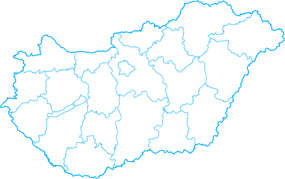As a professional, I understand the importance of incorporating keywords into content to ensure its visibility in search engine results pages. One such keyword is «disagreement,» which has several noun meanings that can be explored in an article.
The first meaning of «disagreement» as a noun is a lack of consensus or harmony between two or more parties. This can manifest in various forms, such as a dispute between coworkers or a political divide between two nations. Disagreements can arise from differences in opinion, values, or goals, and can often lead to heated arguments or even legal action.
The second meaning of «disagreement» as a noun is a discrepancy or inconsistency in information or facts. This type of disagreement can occur in research findings or data analysis, where conflicting results may require further investigation and clarification. In journalism, disagreements between sources can also arise, with conflicting statements or testimonies requiring careful verification.
The third meaning of «disagreement» as a noun is a verbal expression of opposing views or ideas. This can take the form of a debate, where individuals present arguments to support their position on a particular topic. Disagreements of this nature can be productive in fostering critical thinking and open discussion, but they can also devolve into personal attacks and hostility.
In conclusion, the noun meaning of «disagreement» is a complex concept with multiple interpretations. As a professional, it is essential to understand these nuances and incorporate relevant keywords into articles for maximum visibility. By exploring the different types of disagreements, we can better understand how they arise and manage them effectively in our personal and professional lives.







